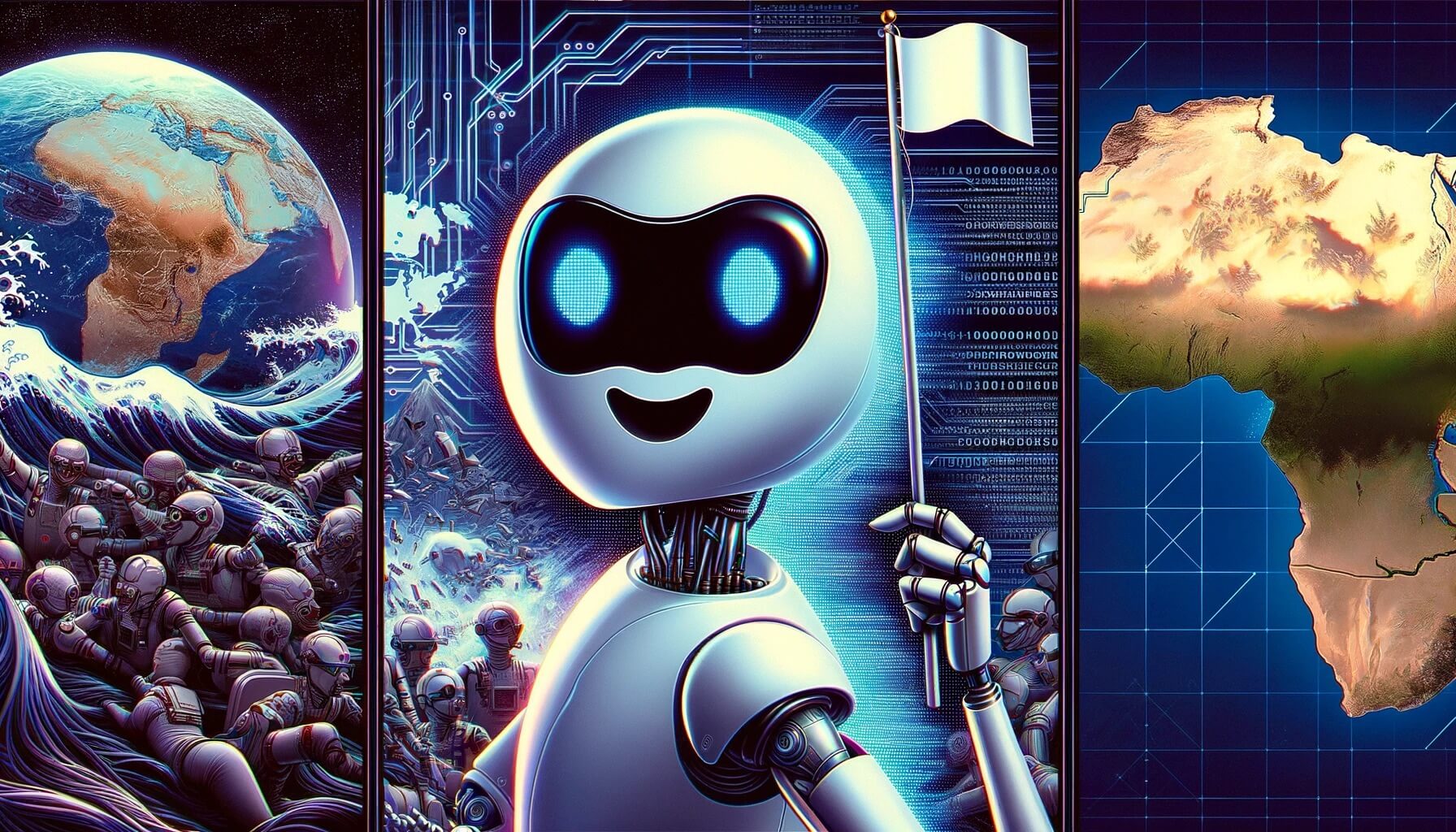It’s time for Bits & Bytes…
… where we bring you news, innovations, and thought-provoking insights from AI, IT, and beyond. In this week’s newsletter we’re looking at:
- Faster download speeds thanks to the FCC
- The newest, grossest named new chatbot (Grok)
- Microsoft phases out “classic” Outlook
IN THE SPOTLIGHT
🌐 Dial-Up Dreams Crushed
The internet just got a long-overdue upgrade. The FCC quadrupled the minimum acceptable download speed from a sluggish 25 Mbps to a more manageable 100 Mbps. This means faster downloads, smoother streaming, and video calls that don’t resemble a potato conference.
Is it the ultimate speed? Debatable. But it’s a significant step towards a less frustrating online experience. Time to ditch the buffering and embrace the fast lane of the web.
TL;DR
- Minimum download speed jumps from 25 Mbps to 100 Mbps.
- Say goodbye to buffering nightmares and enjoy smoother online experiences.
- Is it the ultimate speed? Maybe not forever, but it’s a big leap forward for a frustration-free web.
TECH HEADLINES FROM ACROSS THE WEB
🤖 “I’ve always wanted my chatbot to be sassy” said…?
Elon Musk’s AI company, xAI, just launched Grok, a chatbot claiming to be the GPT-3.5 slayer. Grok supposedly learned from a mountain of data, making it super-smart (and includes a “fun mode”?). But some folks are already fretting it might be a master of spreading misinformation disguised in hilarious banter.
💻 Outlook Expresses Itself
Outlook for the classic desktop app is…not looking good. Microsoft is waving the white flag and funneling everyone towards the new version. RIP classic Outlook, you’ll be remembered for your occasional glitches.
🛜 Disconnected Continent
Multiple undersea cables took a tumble in Africa, causing a major outage in a dozen countries. This digital hiccup exposed a real issue: Africa relies heavily on a small number of undersea cables, making them vulnerable to single points of failure.
TECH FOR GOOD
Binghamton University researchers are cooking up some papertronics: circuits embedded within, spoiler alert, paper. But why papertronics? Because traditional circuits rely on materials like silicon and plastic, which contribute to a growing environmental nightmare.
Papertronics are flexible, foldable, and disappear without a trace when their time is up. The possibilities are endless, and the environmental benefits are undeniable. Papertronics are a giant leap towards a greener tech future, and we can all be a part of it.




